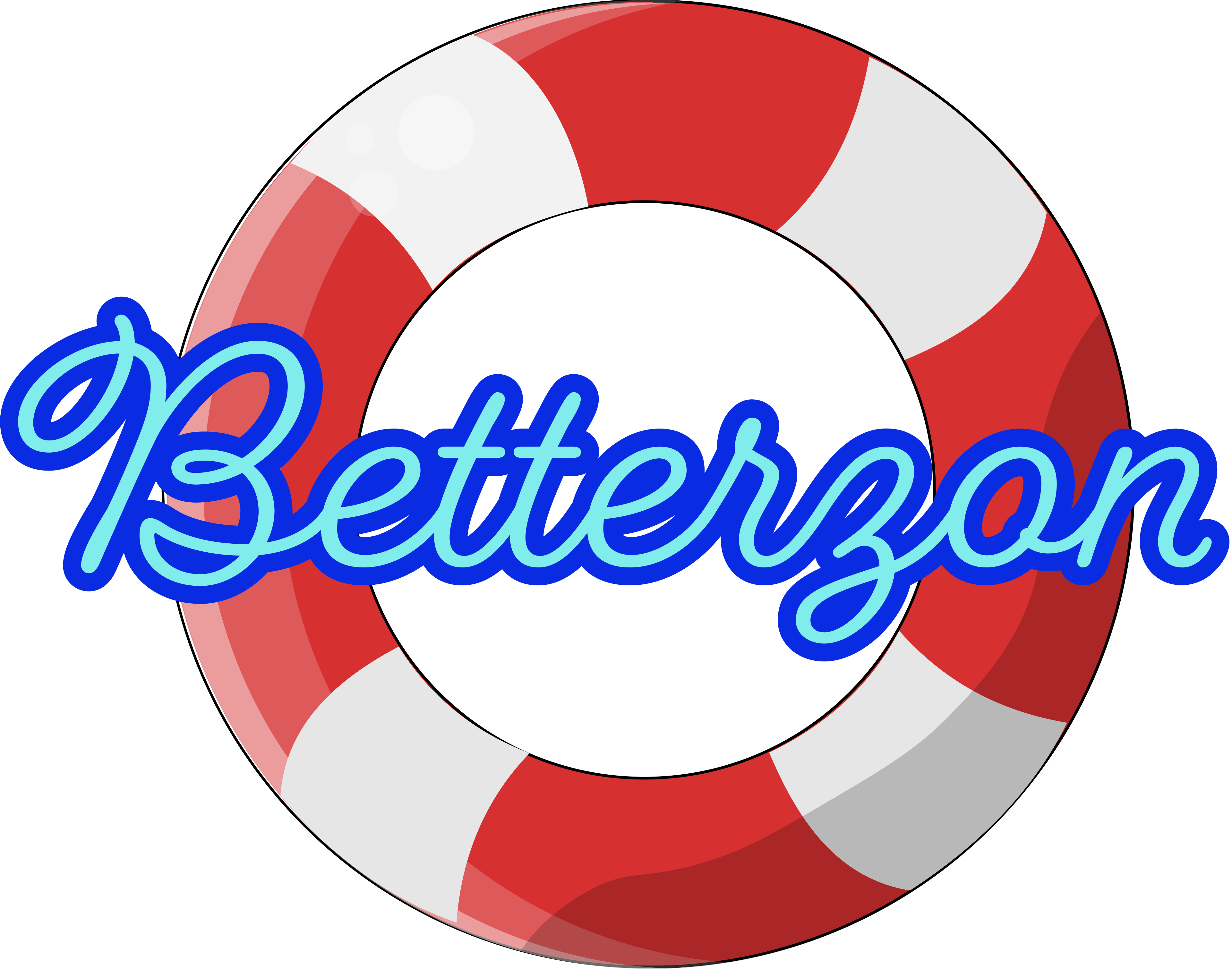Roles
Last week, we introduced you to our project. Now that we had more time to discuss it in detail, in this weeks blog-post, we’d like to introduce you to the RUP Roles defined by IBM and our final decision on technologies.
RUP is short for Rational Unified Process and it basically defines, who is responsible for which part of the project. This doesn’t necessarily mean that this person has to do all the work there, but he / she is in charge of making sure that everything concering this topic is done properly and in time. In the following table, you can see how we split up the roles in our project team. We also included the associated YouTrack role. If you want to find out more about RUP, you can follow the link under the table.
| Discipline | Breadth Role | Depth Role | YouTrack Role | Team Member |
|---|---|---|---|---|
| Business Modeling | Business Process Analyst | Business Designer | Business Process Analyst | Henning Sextro |
| Requirements | Systems Analyst | Requirements Specifier (Backend) | Systems Analyst | Patrick Müller |
| Analysis and Design | Software Architect | Designer | Software Architect | Patrick Müller |
| Implementation | Integrator | Implementer | Integrator | Georg Reichert, Henning Sextro, Patrick Müller |
| Test | Test Manager Test Analyst Test Designer | Test Designer Tester | Test Manager | Georg Reichert, Henning Sextro, Patrick Müller |
| Deployment | Deployment Manager | Tech Writer, Course Developer, Graphic Artist | Deployment | Henning Sextro |
| Project Management | Project Manager | Project Manager | Project Manager | Patrick Müller |
| Environment | Process Engineer | Tool Specialist | Process Engineer | Georg Reichert |
| Configuration and Change Management | Configuration Manager Change Control Manager | Configuration Manager Change Control Manager | Configuration Manager | Georg Reichert |
Technology
We already mentioned the technologies we would like to use in last week’s blog post, but now we made our final decision which is explained in the following paragraph:
- Backend: Node.JS
- Frontend: Angular
- Database: mariaDB
- Server: Debian GNU/Linux 10 vServer
Furthermore, we are going to use the following tools for development:
- IDE: IntellliJ IDEA Ultimate
- Project Management: JetBrains YouTrack
- VCS: Git with GitHub
We decided to use Angular and Node.JS as we don’t have too much experience with both of these yet but are eager to lern new stuff. Also, they should work together quite well which makes life easier for us :D. For the database, we chose mariaDB as we already have a mariaDB server running and know this SQL-dialect. mariaDB is also very performant. Both the database server and our webapp are going to be run on one of our vServers which runs on Debian. No special thoughts behind this, we just already had this server and this way, it’s convenient for us as we don’t have to invest time in setting up a new service at Azure, AWS or Heroku.
As IDE, we settled for IntelliJ IDEA Ultimate as it, despite originally being a Java-IDE, also has the capabilites to work with JavaScript / TypeScript. It also has some advantages over e.g. WebStorm as it supports basically every language and technology where webstorm is somewhat limited as it is intended as web-development only IDE.
We hope that we were able to give you a more detailed view on the technical aspects of our project and hope that we see you here again in next weeks post!
Have a great week,
The Betterzon team

Hi Betterzon-Team,
you already seem to have a clear idea of the team structure, that’s great. This way you can realize your project in a very organized way.
As we commented on your last blog entry, we think your choice of technologies is very good. With Angular or Typescript and NodeJS you are very flexible and can react on short term to changes in plan.
If you want to invest a little more time, you can also take a look at Spring. It is a Java framework for backend applications that simplifies a lot and makes things easier. But you will need some time to understand how it works if you have never worked with it before, because it might seem a bit strange sometimes.
We are looking forward to reading your next blog posts.
Greetings,
SimpleSurvey – TINF19B2
Hello Betterzon-Team,
like mentioned in the previous comment your structure is very clear. Also it’s very good, that you explain what ‘RUP’ is and where you can find the definitions of IBM.
Also your tech stack seems very familiar, because we are also planning on using the same stack with an other Database 😉. Maybe we can help out each other with some technical issues?
At last we hope your good plannings is disbursing into the next phase, keep it up!
Greetings from your friends from TaskHub – B4